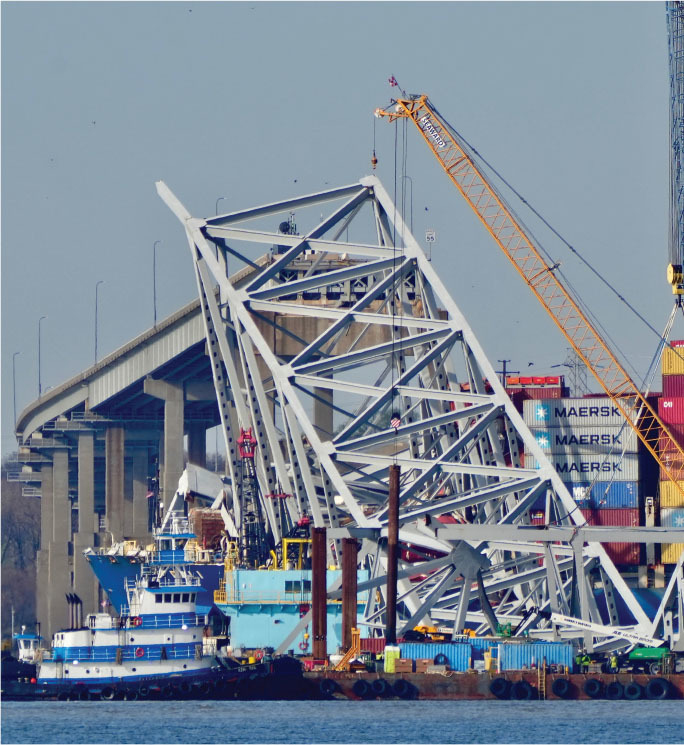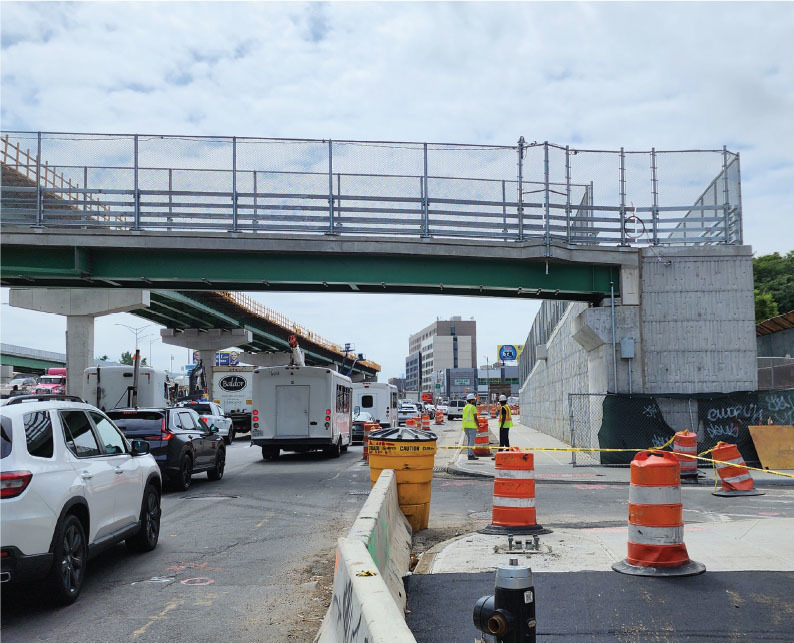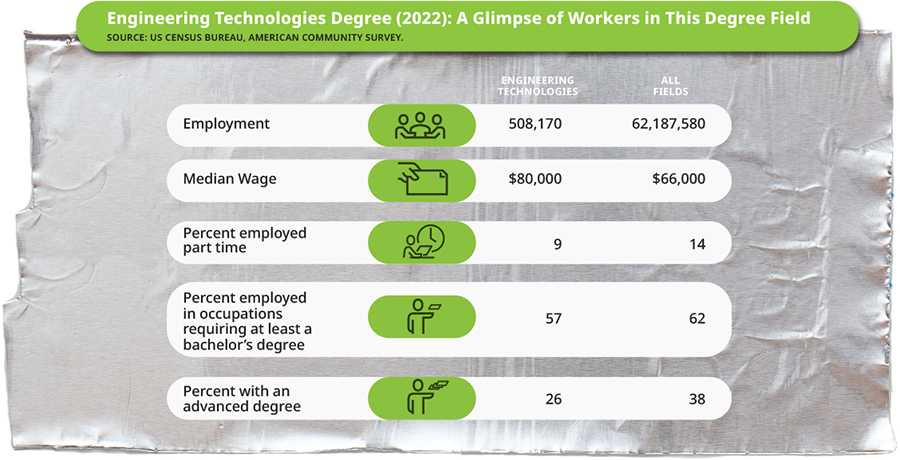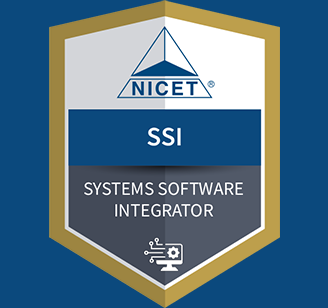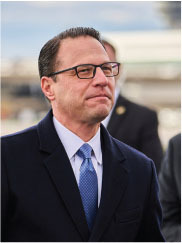January/February 2018
PE Report
Society Fights to Keep PE Role in the Oil and Gas Sector

One of the professional engineer’s federal roles is in jeopardy as the Environmental Protection Agency reconsiders a final rule requiring a PE to certify certain assessments related to emissions in the oil and gas industry.
On November 17, NSPE President Tom Roberts, P.E., F.NSPE, submitted a public comment to the EPA regarding its reconsideration of the requirements for PEs to certify closed vent system design and capacity assessments as well as technical infeasibility determinations related to controlling pneumatic pumps at well sites. The EPA is taking another look at the rule because the agency “acknowledges that it had not analyzed the costs associated with the PE certification requirement and evaluated whether the improved environmental performance this requirement may achieve justifies the associated costs and other compliance burden.” The proposal to end the requirement also calls for a two-year phase-in period to examine the impact of the requirement and an increase in personnel needs.
In NSPE’s public comment, Roberts explains the Society’s concern. He writes that the EPA’s final 2016 rule was carefully considered and included substantial public input. More than 7,000 public comments and 600 documents were submitted.
The EPA’s 2016 rule, Roberts wrote, “recognized the unique qualifications, expertise, and the legal and ethical duty of professional engineers to hold paramount the public health, safety, and welfare in their designs, construction, and observations.” He added: “With hundreds of thousands of PEs across the country, NSPE strongly believes that the existing requirements can be met.”
The Society is urging the EPA to enforce the current requirements immediately. If a new rule is finalized, it should retain the provisions requiring a PE to be in responsible charge of all engineering projects.
In NSPE Position Statement 1767, the Society advocates that federal employees, who by federal statute may be exempt from state engineering licensure laws, but who are in responsible charge of engineering activities as defined in the National Council of Examiners for Engineering and Surveying’s Model Law, should be required by federal agency policy to be licensed professional engineers in at least one jurisdiction.


 Volunteering at NSPE is a great opportunity to grow your professional network and connect with other leaders in the field.
Volunteering at NSPE is a great opportunity to grow your professional network and connect with other leaders in the field. The National Society of Professional Engineers (NSPE) encourages you to explore the resources to cast your vote on election day:
The National Society of Professional Engineers (NSPE) encourages you to explore the resources to cast your vote on election day:

